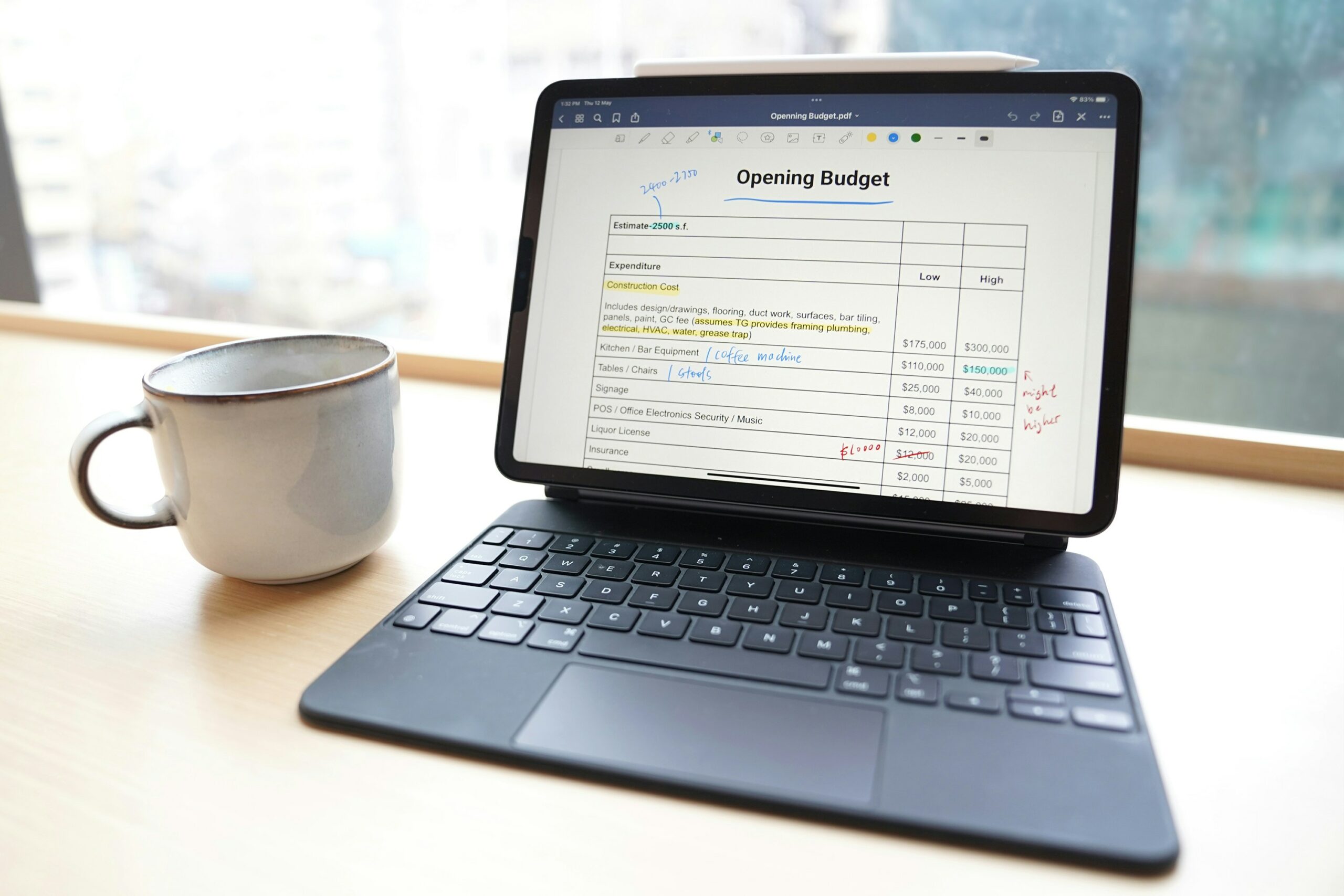How Budgeting Helped Whittaker’s Stay on Top
Whittaker’s, New Zealand’s beloved chocolate brand, didn’t become a household name by accident. Their success comes from smart business planning and careful budgeting. Budgeting helps them manage production costs, ingredient sourcing, and global expansion. Just like any successful Kiwi business, Whittaker’s plans for changes in cocoa prices, seasonal demand, and operational expenses. This ensures they stay competitive while maintaining high quality.
Whether you’re a small Kiwi business or planning to grow, having a budget is essential. It helps manage your finances and keep you on track.
What is a Business Budget?
A budget outlines your financial plan for the upcoming year. For New Zealand business owners, it helps manage seasonal changes, GST obligations, and financial cycles specific to your industry. A financial expert, such as a business coach or accountant, can make the budgeting process simpler.
To understand your business’s health, review your profit and loss statement, balance sheet, cash flow forecast, and budget. These reports work together to guide your decisions and monitor progress.
Why is Budgeting Important?
Plan for seasonal shifts – Many industries, like tourism, retail, and agriculture, have high and low seasons in New Zealand. A budget helps you plan for these.
Track business performance – Identify trends and see how changes in inflation or interest rates affect your business.
Understand your cash flow – Keep an eye on your income and expenses, like wages, supplier costs, and ACC levies.
Set and achieve goals – Use your budget to focus on growth targets, such as expanding your business or hiring more staff.
Spot financial risks early – Comparing your actual numbers to your budget helps you see problems before they become big issues.
Stay motivated for long-term success – A budget helps you stay focused, keep your business stable, and grow over time.
How to Create a Business Budget
A simple budget tracks your income and expenses. It helps you forecast when money will come in and go out. In New Zealand, factors like GST deadlines, provisional tax payments, and foreign exchange rates are key considerations.
As your Kiwi business grows, your budget should include non-cash items like provisions and depreciation. Most businesses start with one budget, but as they grow, they create three types of budgets:
Business as usual – Based on current year income and expenses, with slight adjustments for inflation.
Worst case scenario – A more cautious budget, taking into account potential economic downturns or slowdowns in your industry.
Best case scenario – A more optimistic forecast, assuming higher-than-expected growth.
Most businesses use a budget for the financial year, but some plan two to five years ahead. In New Zealand, it’s important to align your budget with the financial year (April 1 – March 31) to ensure tax compliance. A business advisor, accountant, or consultant can help adjust your budget to fit your industry’s needs.
Monitoring Your Budget
Once you’ve set your budget, compare it with real-time financial reports to track your progress. Running monthly reports will help you make informed decisions. This way, you can stay on top of financial obligations, seasonal trends, and any opportunities, like government grants or subsidies.
Take Control of Your Business Finances
Now is the best time to set up a budget for the next financial year. We can help you create a smart, practical budget in your accounting software. This will make it a powerful tool for managing your Kiwi business. Book a consultation today. Take the next step toward financial success.
Together we can achieve more.







No comment yet, add your voice below!